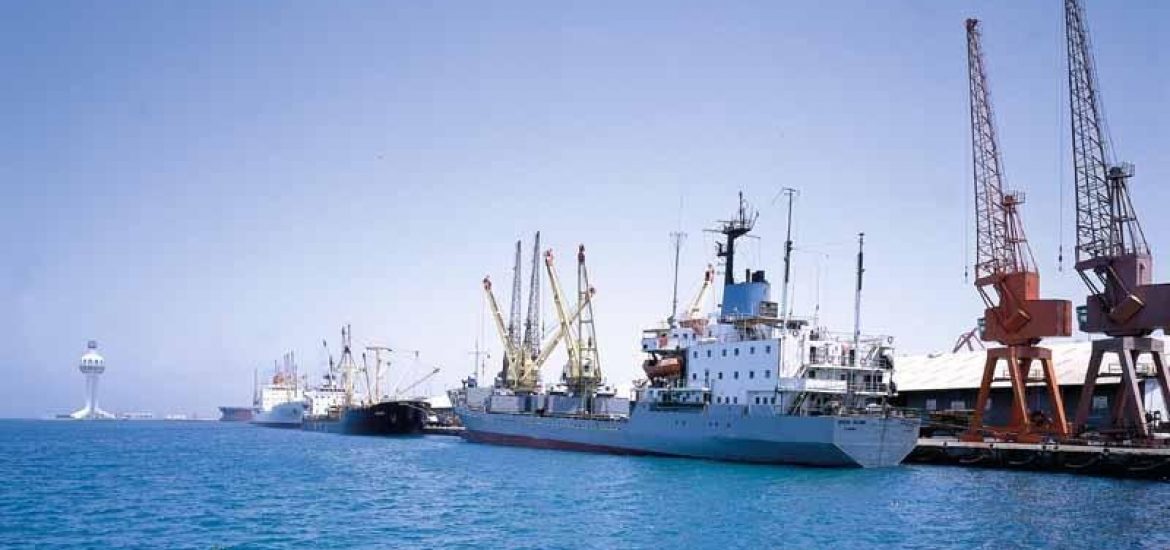
Brent oil is near its highest price since November 2014 as markets braced for tighter supply once US sanctions against Iran are due to be enforced next month, although steps are already being taken to bypass the barriers.
Prices for Brent oil have roughly tripled compared with lows in January 2016, when the Organisation of the Petroleum Exporting Countries (Opec) and Russia started to restrict supplies to rebalance an oversupplied market.
Iran currently supplies nearly 3 per cent of the world’s almost 100 million barrels of daily consumption.
But Iran is already making preparations for the November 4 measures with a fleet of supertankers overseas, which have all recently disappeared from tracking, each carrying up to 2 million barrels of oil. These giant vessels have now become untraceable since switching off their transponders.
Iran will now try to keep its oil sales hidden, with the deadline looming for US sanctions against buyers of the forbidden oil.
Around 50 per cent of Iran’s budget comes from international oil sales, and more than 30 per cent is collected from fees and taxes, in which oil plays a major role.
Despite turning off transponders, tankers can still be traced by the US through ground-based and satellite-tracking systems to uncover who will buy, how much and how they will pay and the extent to which the sanctions are watertight.
Iran hopes to sell crude oil to Russian and China, which will sell it on after refining it.
The sanctions have been preceded by preparations by major oil-producing states to fill the supply gap, and prevent damage to the global economy.
Iranian output last month fell by an estimated 100,000 barrels per day (bpd), while production from Opec rose by 90,000 bpd from August.
The state-run National Iranian Oil Co is reportedly expecting crude shipments to have dropped to about 1.5 million bpd in September, compared with 2.3 million bpd in June,
“Oil prices continue to climb, supported by the nearing Iran embargo and related supply concerns,” said Norbert Ruecker of the Swiss bank Julius Baer.
Vienna-based specialists JBC Energy said: “The general impression out there currently seems to be that there is either an outright inability or at least a certain unwillingness … to compensate for the expected continuation of declining Iranian export flows.”
Saudi Arabia is the only country with the scope to significantly increase output. Picture credit: Wikimedia





